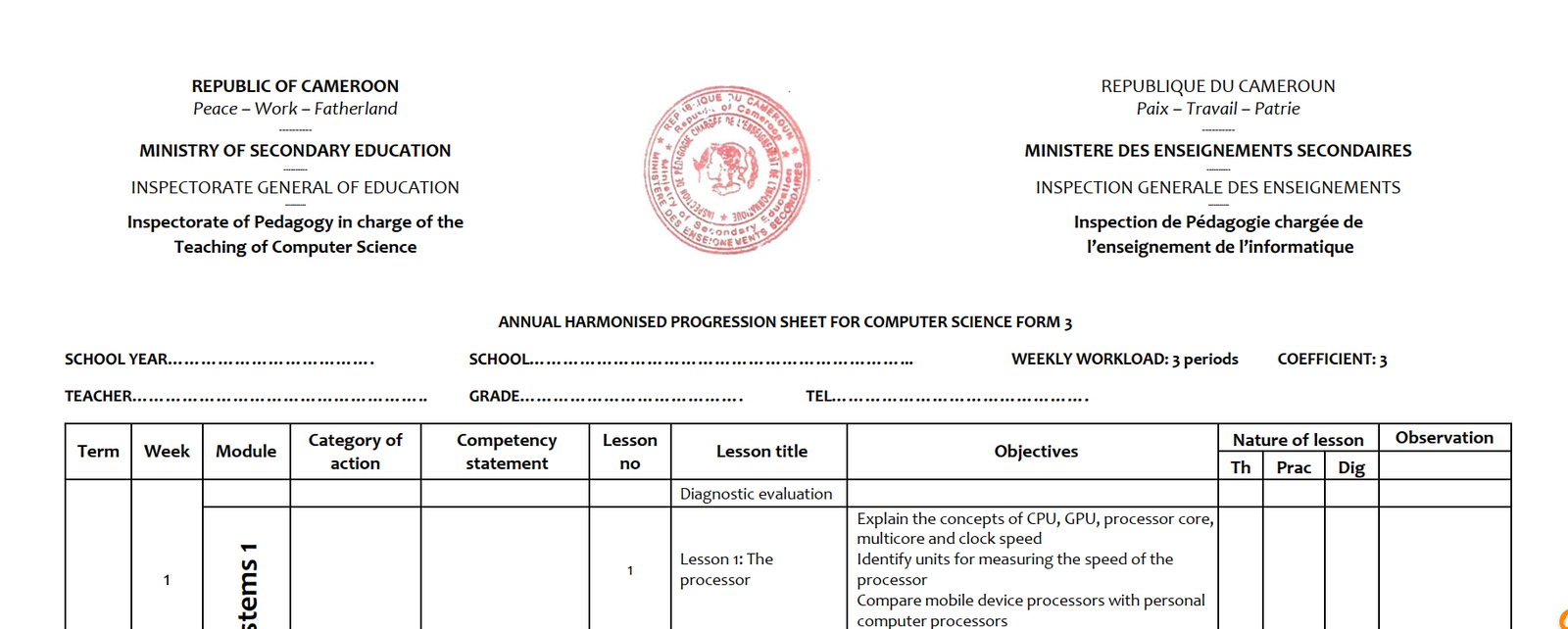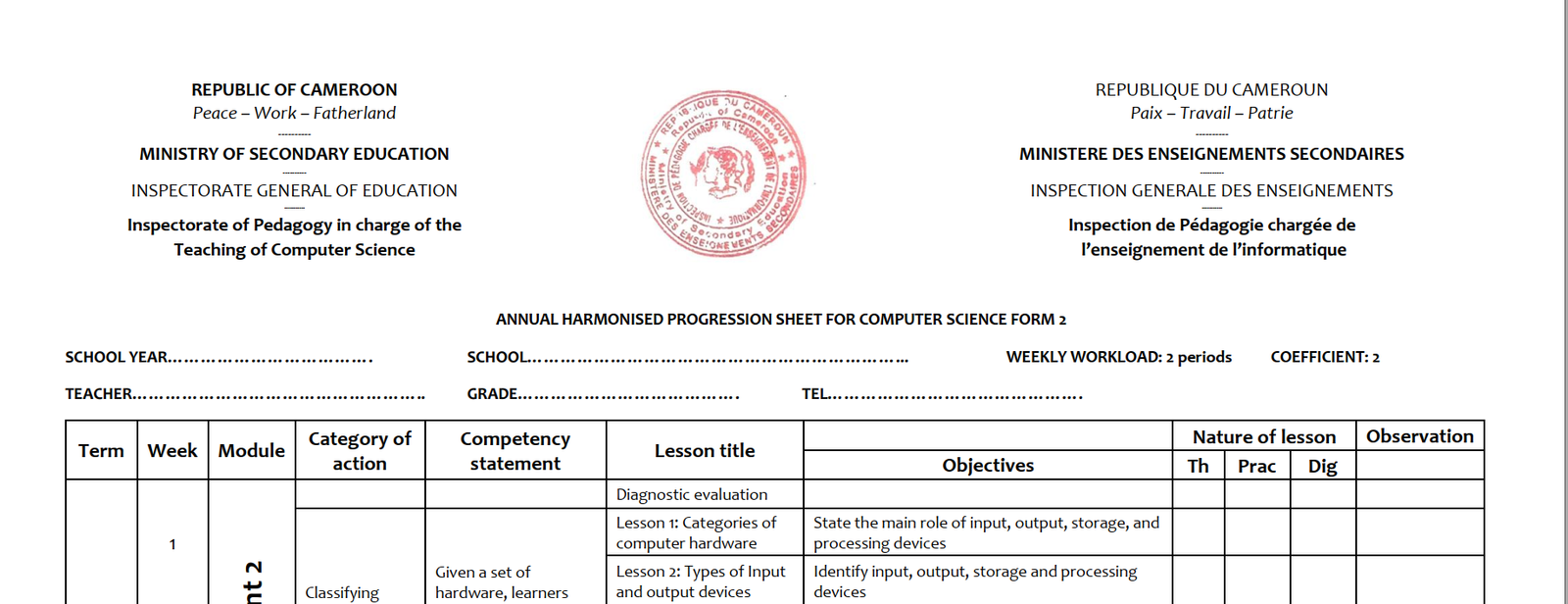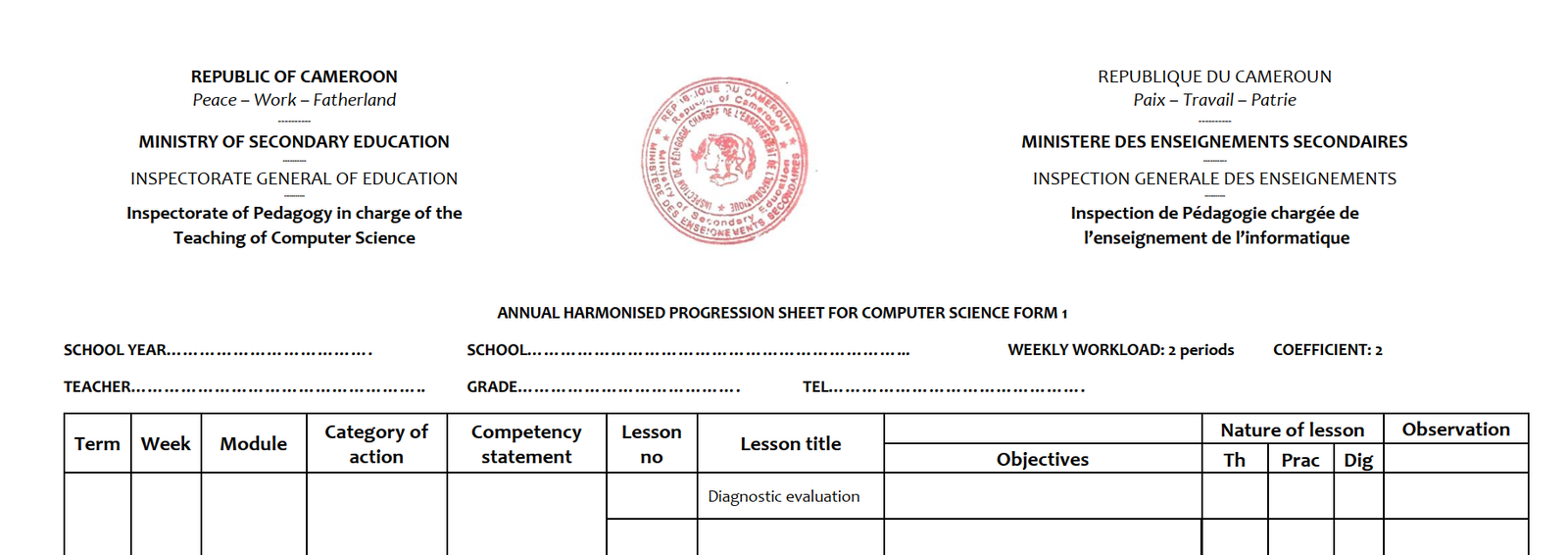Inflation refers to a persistent and continues rise in the general price l. we are going to explorer the negative and positive effects of inflation.
Degrees of Inflation.
1) Creeping or persistent inflation
This refers to a low rate of inflation, or a slow but steady rise in the level of prices.
2) Suppressed inflation
This refers to conditions in which aggregate demand exceeds aggregate supply. But the affect is reduce by government action such as price control and ratio.
3) Hyperinflation, run away or Galloping inflation.
Hyperinflation is a situation in which prices rise at a very swift rate and to very high levels, confidence in money is destroyed, the currency may be redrawing and replaced and barter may be used.
4) Stagflation
This refers to a situation of high inflation and high unemployment.
Measurement of inflation
The retailed price index (R.P.T) is the widely used index from measuring inflation. To calculate the retail price index, a basket of goods are chosen, weight are allocated to this goods according to the proportion of income spent on them and a base year is selected.
Types of inflation
There are basically 2 main types of inflation
1- Cost push inflation(supply inflation)
2- Demand pull inflation(demand inflation)
Positive effects of inflation
1) Increased profits:
Prices rise leading to increased profits for business, these is true when there is a mild inflation.
2) Increased production:
As a result of increased profits firms may reinvest much of their profits leading to increase production.
3) Reduction in unemployment:
Inflation may lead to increase production and investment, this would lead to increase employment.
4) Increased tax revenue:
When firms make more profits ad employ many more people during inflation. Government tax revenue from direct taxes (e.g income tax, and company tax)
5) Deflators gain
During inflation debtors gain because the value of the money they borrowed would be lower at the time they pay back.
6) Reduction in the national debt
The value of the amount of money owned by the state would reduce this because the value of the money to be paid back to the lenders would be lower.
Negative effects of inflation
Reduction in saving:
During inflation saving is disadvantageous, this is because most people have very little to save due to the high cost of goods and services. Secondly most people value of money would fall.
2) Uncertainty in business
Severe inflation would reduce business confidence, because high prices would reduce demand. Inflation therefore leads to difficulties in business planning.
3) Effects on balance of payments
Inflation leads to high cost of exports in relation to imports i.e exports become expenses and import becomes cheap. The demand for exports would rise this results to a deficit in the balance of payment.
4) Labour unrest:
Inflation leads to increased pressure on the government and employers by trade unions for more wages.
5) Those on fixed incomes suffer
People on fixed income such as pensioners, and salary earners suffer because their incomes can no longer buy those goods and services they use to buy.
6) Creditors loose
During inflation creditors lose, this is because when their borrowed money is paid back the amount of money even with the interest may not be able to buy the goods and services which the amount borrowed was used to buy.












frolep rotrem
March 18, 2020
Great post. I was checking continuously this weblog and I'm inspired! Very helpful info specifically the last section :) I handle such information a lot. I used to be looking for this certain information for a very long time. Thanks and good luck.
Avant Mortgage
May 28, 2020
Wow, great article post.Thanks Again. Awesome.